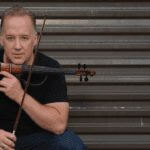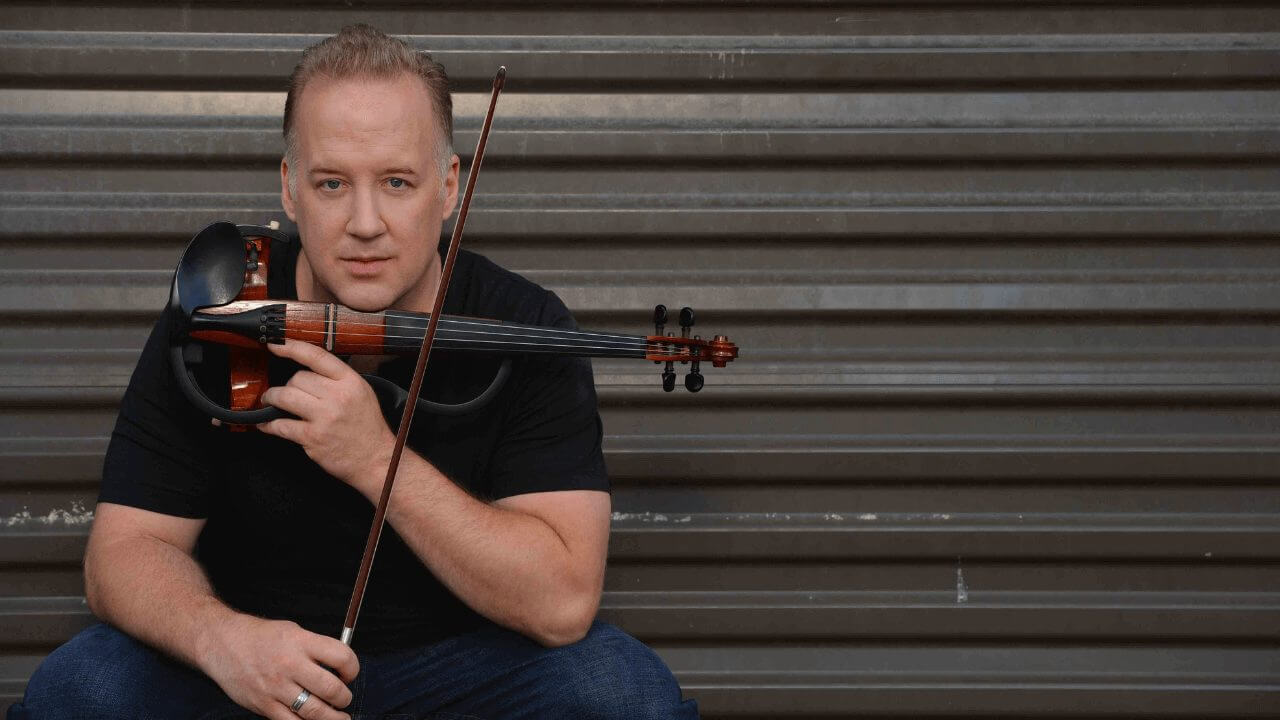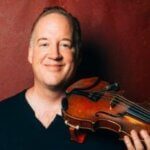The following are my candid interview answers to Carol Banks Weber‘s article published on February 12, 2010. Carol is the Jazz Music Examiner for the Examiner.Com. You can read her article here.
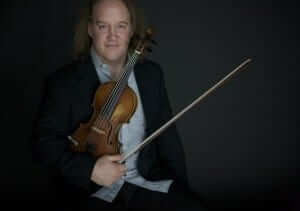
Jazz violin. That’s not something you see everyday in jazz circles. Did you run up against the same quizzical reaction when you crossed over from classical music?
Ah, yes..! It has always been a little like being on an island, I suppose. Classical players don’t really get the jazz thing, and jazz players don’t get the violin thing. It’s changed quite a bit in the past ten years or so and I find more people really appreciating it. Jazz has had a chance to catch on more in general to listeners, and the world of musicians is evolving in the direction it should (in my opinion). In other words, i think musicians are seeing the value in understanding composition and improvisation. The “culture of education” has been changing slowly as well, especially in light of the trend of multi-culturalism. Twenty years ago it was more common to expect to teach a narrow “canon” of ideas, for example, a strictly Western European canon of books, artwork, etc… Now academia has recognized the need to value other traditions of thought as they pertain to art, music, medicine, philosophy, etc..
This was in part what drew me to jazz, i.e., it’s cultural difference. I didn’t understand it necessarily, but I felt it especially in the context of performing in church services. The dynamic in an African American church is something altogether different than what i grew up experiencing, and the music is a reflection of this difference in many ways.
A lot of jazz piano players got their start learning music and chords by playing violin first. What made you stick with violin instead of veering towards one of the more accepted jazz instruments, like piano, or horns?
Really? I’m surprised by that. Normally no one learns “chords” on the violin, since it’s more often utilized as a melodic instrument. Maybe what you mean is that musicians are trained “formally” (i.e., classically) on violin and later turn to jazz on other instruments. It would be natural to assume that young musicians got their training in a more classical scenario since, again, this is the “culture of education” I referred to, in which “serious” training was only implemented in accordance with rigid Western European musical values. Then, of course, the players found jazz on the streets, sort of like me. I did play some guitar and bass in rock bands in high school, which helped a lot.
How hard of a transition is it to go from playing classical to jazz? Very few to my knowledge have done this well (this year’s two-time Grammy nominee Paquito D’Rivera is one of them).
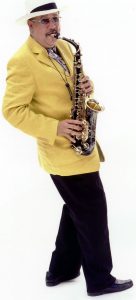
Paquito D’Rivera,
It takes a lot of commitment, first of all because a well-trained classical musician, by the time they’re 18 or so, has typically put in 14 years of study and pretty stuck in their ways. Also, it;s very difficult to restart at zero musically. in other words, a prodigious classical player will have a hard time becoming a musical novice at jazz. It just feels incongruous, and messes with your ego! I was used to feeling in control of the music, capable of affecting the audience, as a classical musician When i began jazz i had no idea what was going on! That’s a very vulnerable place to stay in as one persists to develop an understanding of jazz, which can take several years.
Unless you’re a big name (and even then, you better be bigger than Lady Gaga in her pop genre) in jazz and oftentimes, able to cross over to mainstream music, it’s generally tough to convert a love of playing into a lucrative career. What have you done to succeed in this business?
I tell most people that playing is the easy part. It’s the business that is really work. My parents ran a small business, selling life insurance. My mom and dad explained what it takes to sell, how important it is to develop relationships, and the need to deliver to people. Every gig is a chance to develop a new relationship and bring value, however I can, wherever i can, and through that, continue to grow. This includes connecting with fans, press, labels, manufacturers, producers, venues, etc… It’s all about working hard, constantly hustling up work, and always trying to deliver what you promise to people.
What do you have to do to produce jazz on the violin that’s maybe different or harder than playing it on the piano or the sax?
Well, I believe that playing JAZZ should be no different on any instrument (again, this perceived disparity is a product of the “culture of music education”).
However, one could make the argument that certain matters of sound production are more involved on the violin. Let’s compare the violin to the piano, just for argument’s sake.
When it comes to producing a sound, consider what it takes to produce a sound on the piano.
Touch a key with a finger and you pretty much get a “good” sounding note. it;s in tune, it has a pleasant tone color. It has a clear beginning and ending.
Consider the same task on a violin: You have to put your left hand finger in the right place so it’s in tune (move your finger one millimeter and it changes the tuning). You have to draw the bow at the same time, finding the perfect mix of downward pressure, horizontal velocity, angle of the bow relative to the strings, and straightness of the path of the bow, all while managing to hold the violin AND bow without dropping them or giving yourself a backache!
it can take years to produce one good sounding note on the violin. It takes a moment to do so on the piano.
What got you on the road to jazz in the first place?
I was a big fish in a small pond in college studying classical violin. Didn’t know what to do with myself so I played bass and guitar in blues and rock bands with guys much older. Got caught up in a very unfortunate situation involving drugs and ended up spending my 21st, 22nd, 23rd, and 24th birthdays in prison. While there I was inspired by the street musicians I met, playing with whomever I could, often which included playing in the gospel church services. This, in effect, introduced me to African American music and culture, which I found completely inspiring and different, because it provided a new window onto the world and onto music. Being incarcerated during such a formative time in my life while studying philosophy (which I later got my degree in), also made me question my role as a musician, and question what music means to me and to society in general. In prison, I experienced music happening in the most organic settings: in solitary confinement, on the yard, in church, in the common areas. Music would erupt totally naturally, without the involvement of commerce. People made music as totally authentic social humans. They needed to come together, they needed to express their humanity. In an atmosphere full of violence and fear, lacking the human qualities of freedom, intimacy, trust, love, music filled that void when it could. I saw that music is a human thing, a necessary thing, and that there should be nothing holding me back from finding ways to be a musician once I was free. Music also helped me survive in prison. It opened doors to friendships with people of different age, race, etc… I could play bluegrass with the aryans and jazz with the black muslims, hip hop with the young urban blacks and classic rock with young urban whites. Alliances with members of all these groups allowed me a certain freedom to roam among different populations, which is otherwise difficult, considering the animosity and cliques…. But I came to see this “culture of education” as something that was leaving out people just as i;d been left out. I came to feel that people in our culture don’t get the full story, and that if they got the full story they would be more enlightened in their lives. I felt enlightened by coming to know so many different sorts of people, (whether they were “criminals” or not is besides the point-they were all people with stories and the difference between “criminals” and “regular people” is at worst a complete figment of people’s imagination and at worst not clear cut). I had no idea, as a young white middle class kid, that people’s lives could be so rough. And i had no idea that other cultures could offer such new and meaningful illuminations onto the problems we all face every day and the questions we all ask about ourselves and our lives. That’s what meeting so many men in prison did for me. it made me question and search for deeper answers to the big questions about who we are, what we know, what is a good life, what is beautiful, how do I lead meaningful relationships, etc…
The violin, it occurred to me, was in some ways a reflection of this state of our culture, i.e., the violin is sort of an archetypal symbol, if you will, of the exclusive virtue of the Western European canon and everything it has represented.: high art”, “high class” “reason” “the rational good”, etc… VIolins perform in concert halls and saxophones are in dirty bars, this kind of thing…. I thought that if i could celebrate the music of jazz, or African American culture, on the violin, it would make a deeper statement on some subliminal level. And I think this is part of the “rubs you the wrong way” feeling people get when they hear “jazz violin”, because without realizing it, they’re hearing “white violin/black music” and it doesn’t seem to go together. The reason it doesn’t seem to fit, is because the music education world is a bastion of self-segregation, no different than blacks and whites sitting in different parts of the room during meals in the prison cafeteria. Of course, like much of the phenomenon of racism in our society, it’s not intentional or malicious; It’s systemic. It takes getting “rubbed the wrong way” to sort of oppose it. I could go on and on with this subject, but I’ll leave it at that for now.
Who are some of your influences in jazz?
So many. John Coltrane, Charlie Parker, Thelonious Monk, Kenny Garrett, Pat Metheny, Bill Frisell, John Scofield, Herbie Hancock, it goes on… but also Jimi Hendrix, Joni Mitchell, James Taylor, Cat Stevens Led Zeppelin, Brahms, Bartok, etc…
When you get up onstage and bust out your violin, how have you been received by the other players on gigs?
Always at first with incredible skepticism, and hopefully, afterwards with a little surprise and eventually acceptance.
Do you have any secrets to share for aspiring musicians (who either play conventionally known instruments or go unconventional) on success in jazz?
It’s important to write your own music, otherwise it’s hard to allow people to distinguish your “voice” on your instrument. Also, you’ve got put it out there-hard, all the time. get out and play with people. Don’t stay shut up in your enclave. the more you can mix it up playing with people different than you, the more experience you’ll get and confidence with it.
Tell me more about the upcoming LUCID, Seattle, WA gig. Are you gigging solo or with a group?
I’m playing with a great group of young local players including: Mack Grout and two others. Also performing with Chris Morton (piano), Nathan Parker (bass), and Ed Littlefield (drums).
